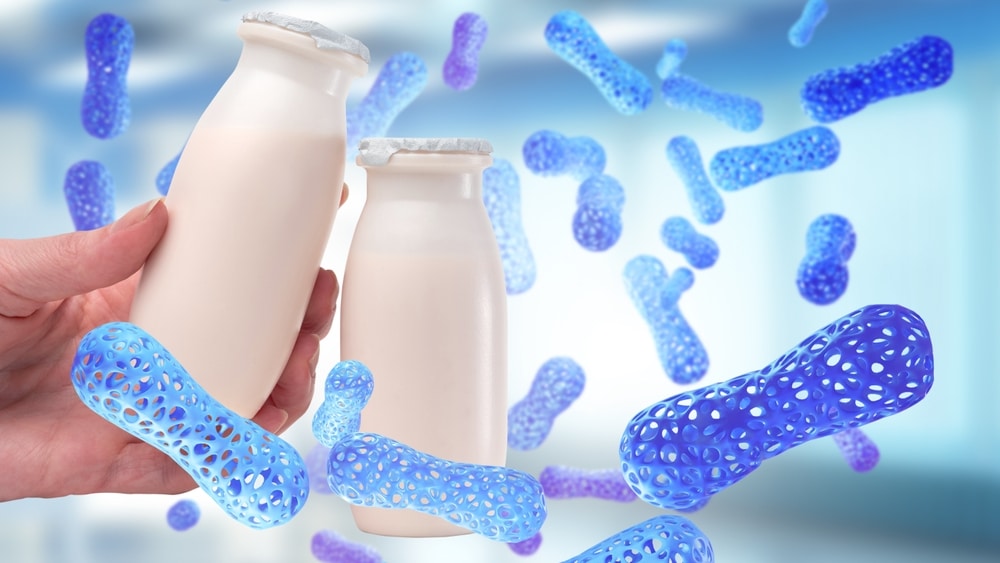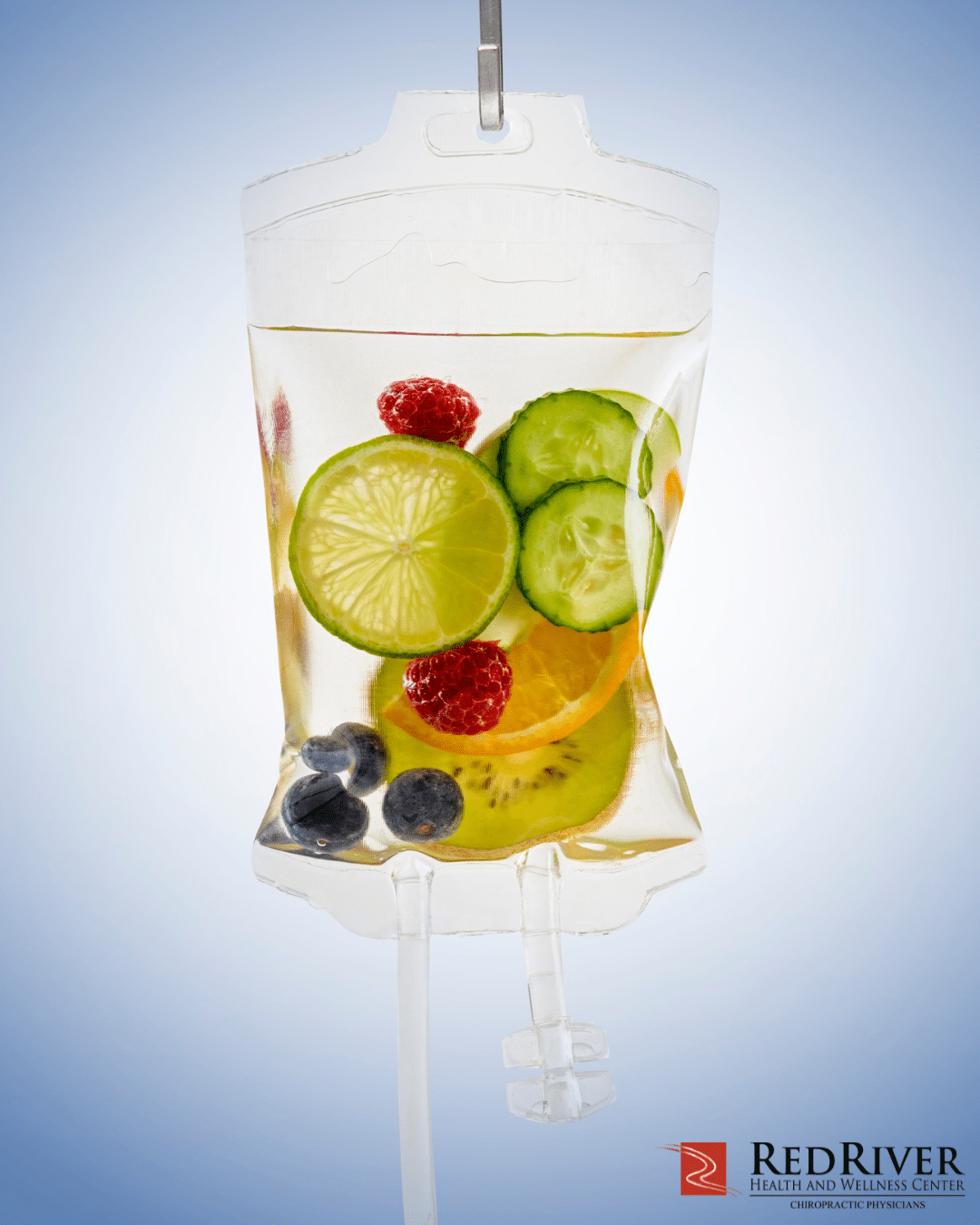CULTIVATING GUT HARMONY: PREBIOTICS, PROBIOTICS, AND POSTBIOTICS

By Dr. Josh Redd, NMD, MS, MAPHB, RedRiver Health and Wellness Center
 Ever wondered what those terms like prebiotic, probiotic, and postbiotic really mean and why it matters?
Ever wondered what those terms like prebiotic, probiotic, and postbiotic really mean and why it matters?
The gut microbiome refers to the complex ecosystem of bacteria and other microorganisms in the digestive tract. Recent research has shown that the gut microbiome significantly impacts overall health. These microorganisms:
- Help break down food and facilitate nutrient absorption
- Support immune function
- Promote mental health and stable mood
- Contribute to energy production, metabolism regulation, and weight management.
Prioritizing your gut microbiome health can promote your overall health. This is where prebiotics, probiotics, and postbiotics come in.
Let’s break it down.
Prebiotic: These are like the sun and water for the plants (healthy bacteria) in your gut. They serve as nourishment for the beneficial bacteria, helping them thrive and keep your gut a diverse rainforest. Fiber-rich foods shine in this area.
Probiotic: These are the “trees, plants, and shrubs” of your gut. Probiotics are the beneficial bacteria that create a thriving community performing multiple jobs, like supporting digestive health, aiding in nutrient absorption, bolstering immunity, enhancing mental health, and helping improve allergies, autoimmunity, and skin health.
Postbiotic: Think flowers and fruits in a garden. Postbiotics are the helpful byproducts of the fermentation process in your gut involving probiotics and prebiotics. They bring essential nutrients, vitamins, and short-chain fatty acids, helping your gut lining repair and flourish. Short-chain fatty acids have multiple far-reaching effects in the body, including nourishing colon cells, and playing a crucial role in reducing inflammation and supporting a healthy gut.
Foods that contain prebiotics:
- Garlic
- Onions
- Leeks
- Asparagus
- Jerusalem Artichokes
- Chicory Root
- Dandelion Greens
- Bananas (slightly unripe)
- Whole Grains (oats, barley, whole wheat)
- Legumes (lentils, chickpeas, beans)
- Flaxseeds
- Apples (especially with the skin on)
Foods to increase probiotics:
- Yogurt
- Kefir
- Sauerkraut
- Kimchi
- Miso
- Tempeh
- Fermented Pickles
- Fermented Soy Products
- Fermented Teas (kombucha, water kefir)
Foods to increase postbiotics:
- Foods rich in prebiotics: Garlic, onions, leeks, asparagus, Jerusalem artichokes, chicory root, dandelion greens, bananas, whole grains, legumes, flaxseeds, apples (with skin).
- Probiotic-rich foods: Yogurt, kefir, sauerkraut, kimchi, miso, tempeh, pickles, traditional buttermilk, natto, fermented cheeses, traditional Indian lassi, fermented soy products, fermented teas (kombucha, water kefir), fermented cereals, traditional Ethiopian injera.
- High-fiber foods: Vegetables and fruits are good sources of fiber that can support gut health and indirectly promote the production of postbiotics.
- Fermented foods and beverages: Including a variety of fermented foods in your diet can create an environment conducive to the production of postbiotics.
By focusing on a whole foods diet rich in plant fiber and devoid of processed and junk foods, you can optimize your gut microbiome. Check out my free guide The Inflammatory Reset Mini Guide on my site for more guidance.
To learn more about our services and to schedule a free consultation, please visit redriverhealthandwellness.com. We work with your prescribing physician for optimal results. Do not discontinue medication or hormone replacement therapy without consulting your prescribing physician.
Related Articles

Prescribing and Expanded Options New to RedRiver Health and Wellness
For years, Red River Health and Wellness has been known for helping complex, chronic, and…
[ READ MORE ]

How to age well — tips for longevity
Have you noticed that some older people are still able to stay active and lucid…
[ READ MORE ]

Too MUCH iron is inflammatory
When we think about iron and health, most people assume any iron disorder is iron-deficient…
[ READ MORE ]
